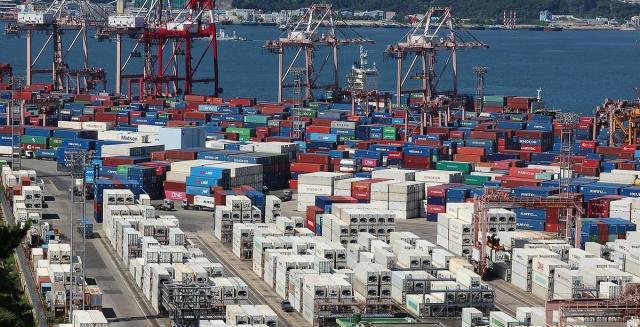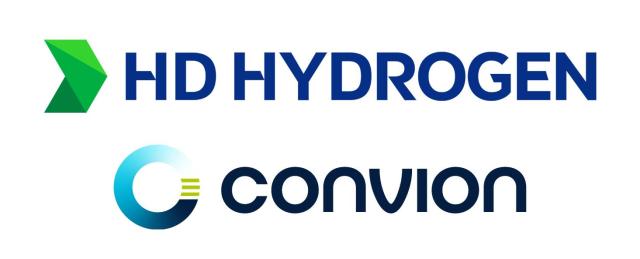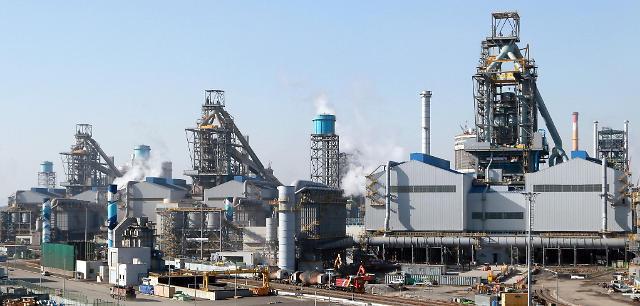
[Courtesy of Samsung Heavy Industries]
SEOUL -- An ammonia-powered Aframax oil tanker which is under development in a multi-national project led by Samsung Heavy Industries, a major shipbuilder in South Korea, has acquired basic certification from Lloyd's Register, a London-based maritime classification society. An Aframax tanker has a deadweight between 80,000 and 120,000 metric tons.
For the development of an ammonia-powered tanker, Samsung Heavy Industries (SHI) joined hands with foreign partners including Malaysian shipping company MISC and MAN, a ship engine manufacturer. Based on Lloyd's Register's "approval in principle," SHI said it would try to commercialize an ammonia-powered oil tanker in 2024.
"The ammonia-powered ship development project led by Samsung Heavy Industries is expected to produce commercial results at an early date, along with technological advances, as all stakeholders from fuel suppliers to shipping companies are participating," Yoon Jong-hyun, in charge of SHI's shipbuilding, said in a statement.
Ammonia is a compound of nitrogen and hydrogen. Though common in nature, it is both caustic and hazardous in its concentrated form. The advantage of ammonia used as fuel is that it contains no carbon but it needs pilot fuel for combustion. The International Energy Agency (IEA) predicts that the use of ammonia and hydrogen for ship fuel will gradually increase.
Compared to other alternative fuels such as hydrogen, synthetic diesel and carbon fuels, Ammonia is seen as a more suitable ship fuel for the post-carbon era due to its stability in supply and relatively easy storage and transportation. Ammonia requires less storage volume than hydrogen and is cheaper to make than synthetic carbon fuels.
In response to tightened international regulations, South Korean shipbuilders work hard to develop new technologies and secure a competitive edge in eco-friendly vessels. In June, SHI partnered with Bloom Energy, an American public company, to develop core technologies for highly efficient solid oxide fuel cells (SOFCs) for ships by 2022.
SOFC, an electrochemical conversion device that produces electricity directly from oxidizing fuel, has a wide variety of applications as it ensures high combined heat and power efficiency, long-term stability, fuel flexibility, low emissions and relatively low cost. There are many types of fuel cells, but experts have considered SOFC to hold the greatest potential of any fuel cell technology.




